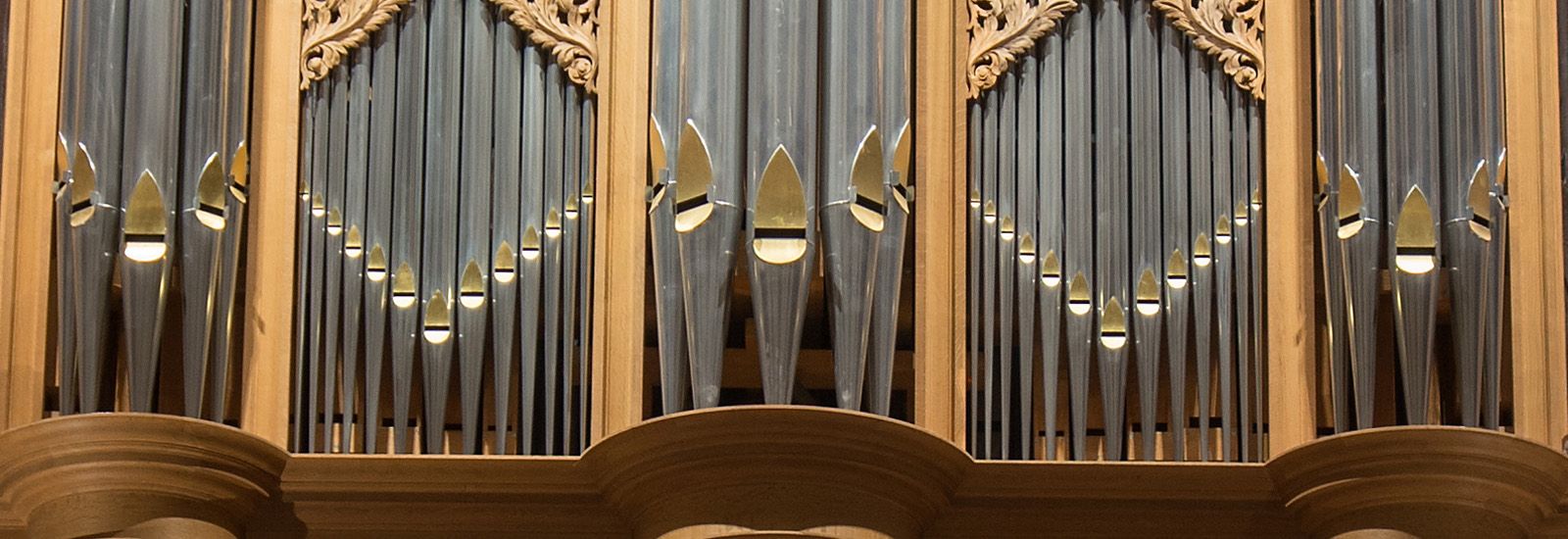
Organ awards
Organ scholars are talented organ students who develop their skills as performing musicians alongside their University studies. They are appointed by colleges to play the organ for chapel services and to direct or assist in the work of the choir.
In some colleges they are effectively the directors of chapel music; in others they act as assistants to a professional director of music.
The experience is without parallel for those wishing to engage in music-making at the highest level. It also offers invaluable training and experience for musicians with more modest aspirations.
The chapel music environment in Oxford is extremely lively, and offers scope not only for outstanding work in chapel contexts but also for external activities such as tours and recordings.
How can I find out more about organ awards?
Further information, including details of participating colleges and guidance on how to apply, can be found on the Faculty of Music website.